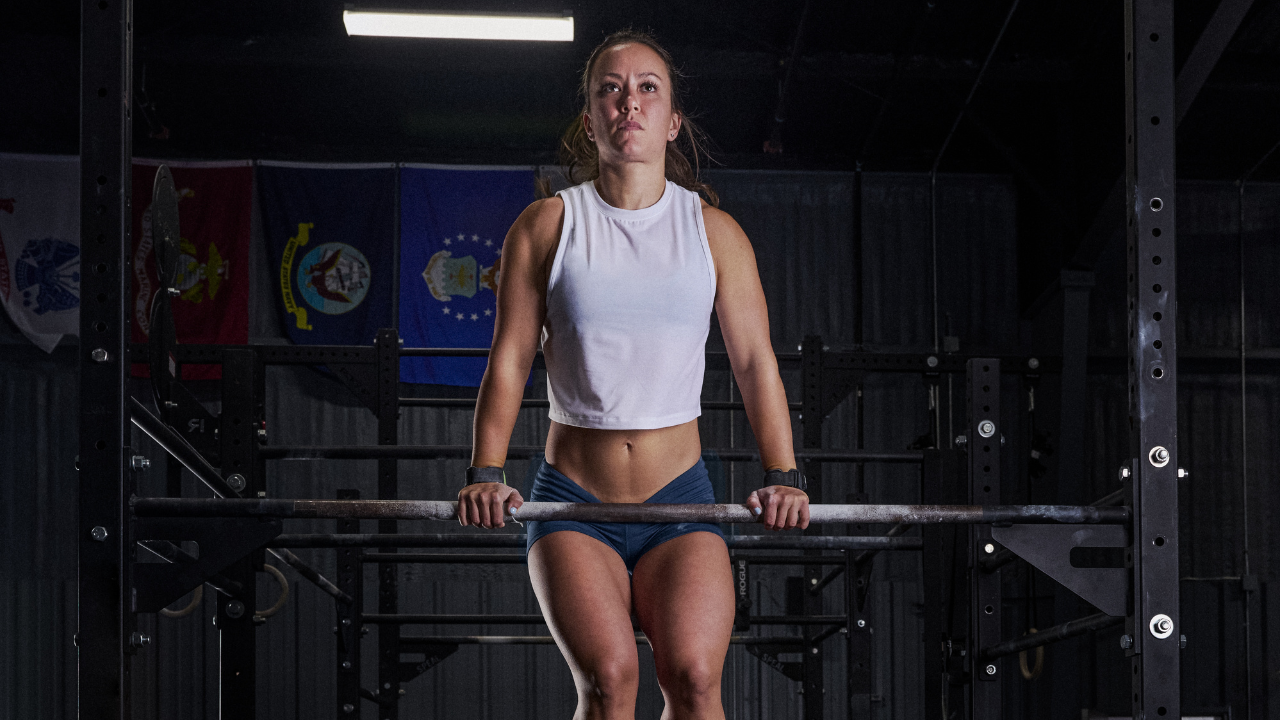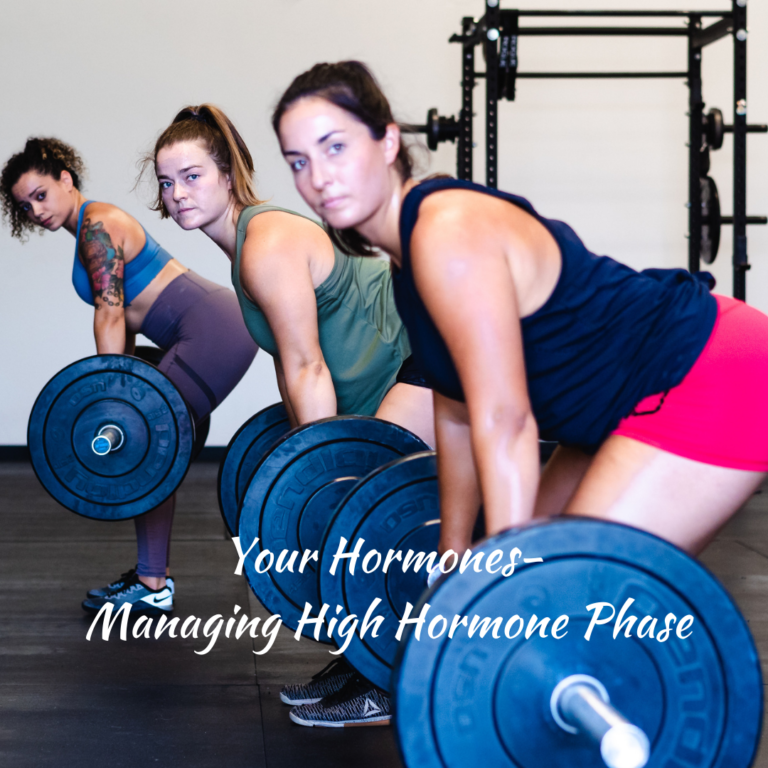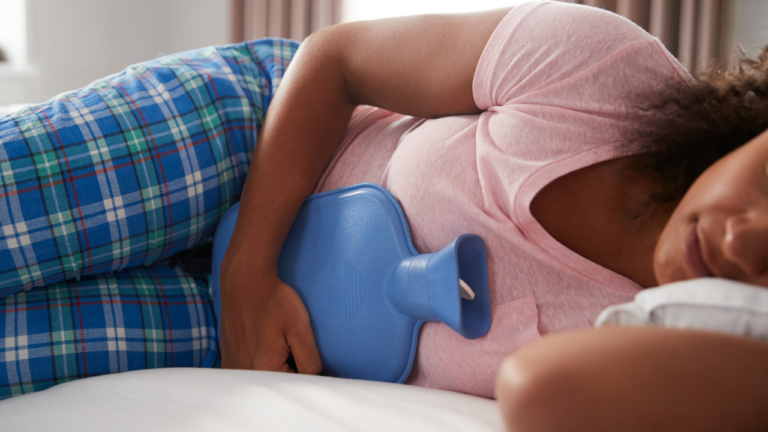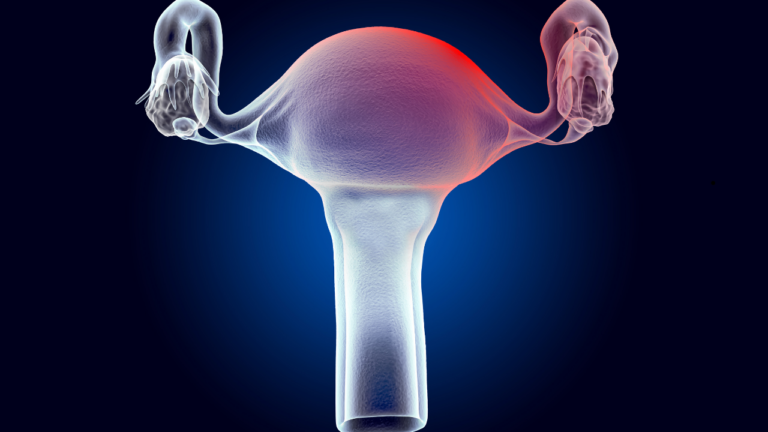Top Supplements to Support Hormone Balance for Female Athletes
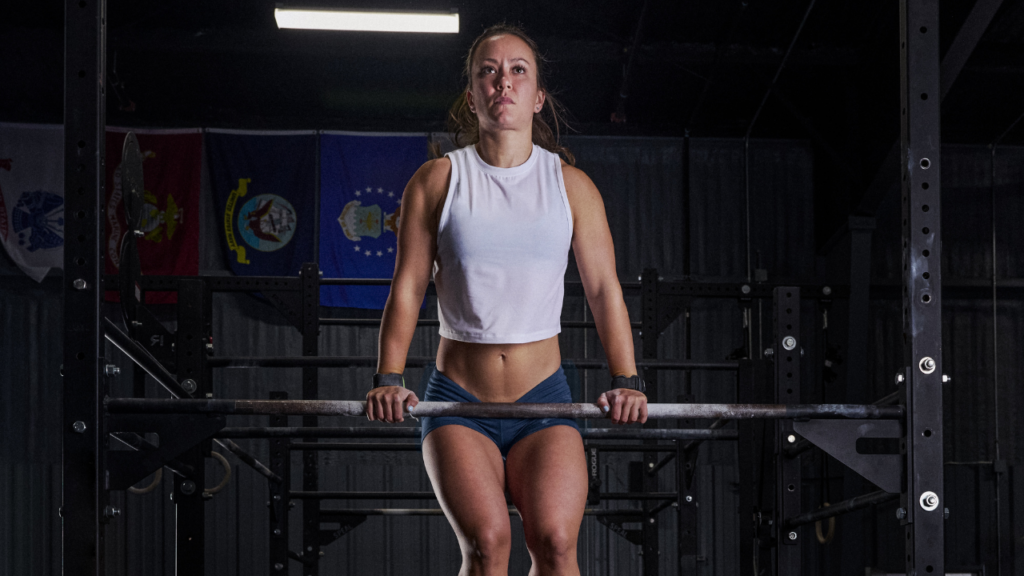
As a female athlete, maintaining hormone balance is essential for optimal performance, recovery, and overall well-being.
Hormones play a critical role in regulating everything from energy levels and muscle growth to mood and metabolism. However, factors like intense training, stress, aging, and natural life stages like perimenopause can disrupt hormone balance, leading to fatigue, poor recovery, and reduced performance.
While proper nutrition, exercise, and sleep are the foundation of hormone health, certain supplements can provide additional support. Below are some of the top supplements that can help female athletes achieve better hormone balance.
1. Omega-3 Fatty Acids
Omega-3 fatty acids, commonly found in fish oil, are essential for regulating inflammation and supporting hormone production. They play a critical role in maintaining the balance of estrogen and progesterone and can also help reduce cortisol (the stress hormone), which is often elevated during intense training periods.
- How it helps: Omega-3s improve insulin sensitivity, lower inflammation, and support the production of progesterone, a key hormone for regulating the menstrual cycle.
- Best sources: Fish oil supplements (with EPA and DHA), chia seeds, flaxseeds, and walnuts.
- Dosage: 1,000-3,000 mg of combined EPA and DHA daily.
2. Magnesium
Magnesium is often referred to as the “miracle mineral” for women, as it supports over 300 enzymatic reactions in the body, including those involved in hormone regulation. For female athletes, magnesium is especially important for balancing cortisol and supporting muscle relaxation and recovery after training.
- How it helps: Magnesium reduces cortisol levels, supports restful sleep (which is critical for hormone regulation), and alleviates symptoms of PMS.
- Best sources: Magnesium glycinate, magnesium citrate, and magnesium-rich foods like leafy greens, nuts, and seeds.
- Dosage: 300-400 mg per day, taken in the evening for better relaxation.
3. Vitamin D
Vitamin D is more than just a vitamin—it acts like a hormone in the body. It plays a vital role in regulating the production of key sex hormones like estrogen and progesterone and supports the immune system, which can become compromised during intense training.
- How it helps: Adequate levels of vitamin D can improve estrogen balance and reduce the risk of hormone imbalances that lead to fatigue, low mood, and poor recovery.
- Best sources: Sunlight exposure, vitamin D3 supplements, fortified foods.
- Dosage: 2,000-4,000 IU per day, but it’s best to test your blood levels first and supplement accordingly.
4. B-Complex Vitamins
The B vitamins, especially B6, B12, and folate, are essential for hormone production, energy metabolism, and red blood cell formation. For female athletes, B vitamins are crucial in supporting the adrenal glands, regulating estrogen levels, and improving recovery.
- How it helps: B vitamins help the body metabolize estrogen and support progesterone production, which is key for hormone balance, particularly in women experiencing PMS or perimenopausal symptoms.
- Best sources: B-complex supplements, whole grains, leafy greens, legumes, and eggs.
- Dosage: Look for a high-quality B-complex supplement with around 25-50 mg of B6, 400 mcg of folate, and 500-1,000 mcg of B12.
5. Ashwagandha
Ashwagandha is an adaptogenic herb that helps the body manage stress by regulating cortisol levels. Chronic stress can throw off the balance of hormones like cortisol and progesterone, leading to fatigue, anxiety, and poor performance. Ashwagandha helps balance these hormones and improve energy and recovery.
- How it helps: Ashwagandha reduces cortisol, improves adrenal function, and can enhance athletic performance by lowering the body’s stress response.
- Best sources: Ashwagandha root extract supplements.
- Dosage: 300-600 mg of a standardized extract (containing at least 5% withanolides) daily.
6. Maca Root
Maca root is another adaptogen that supports hormone balance, particularly for women experiencing hormonal fluctuations due to stress, PMS, or perimenopause. It helps to balance estrogen and progesterone while also boosting energy and stamina, making it a favorite among athletes.
- How it helps: Maca helps reduce symptoms of hormonal imbalances such as fatigue, mood swings, and low libido. It’s particularly effective for balancing estrogen and alleviating PMS and menopausal symptoms.
- Best sources: Maca root powder or capsules.
- Dosage: 1,000-3,000 mg daily.
7. Calcium and Vitamin K2
While calcium is well-known for its role in bone health, it also supports hormone production, particularly for estrogen and progesterone. When paired with vitamin K2, it helps direct calcium to the bones and away from soft tissues, which is essential for long-term bone health and hormonal regulation during perimenopause.
- How it helps: Calcium supports the health of bones, muscles, and hormones, especially as estrogen levels decline in women. Vitamin K2 ensures calcium is used efficiently, preventing arterial calcification.
- Best sources: Calcium supplements, vitamin K2-rich foods like fermented foods and natto.
- Dosage: 1,000-1,200 mg of calcium and 100 mcg of vitamin K2 daily.
8. Probiotics
Gut health is closely linked to hormone balance, as the gut helps metabolize hormones like estrogen. A healthy microbiome can prevent estrogen dominance, which can occur when the body reabsorbs too much estrogen from the intestines, leading to hormonal imbalances, fatigue, and weight gain.
- How it helps: Probiotics help regulate gut health, which is crucial for estrogen metabolism and detoxification, reducing symptoms of hormonal imbalance.
- Best sources: Probiotic supplements, fermented foods like yogurt, kefir, sauerkraut, and kimchi.
- Dosage: Look for a probiotic supplement with at least 10-20 billion CFUs and a variety of strains.
9. Zinc
Zinc is an essential mineral for hormone production and immune function. It helps regulate the balance of estrogen and progesterone and supports testosterone levels, which are important for female athletes to maintain muscle mass and energy.
- How it helps: Zinc supports the adrenal glands, helps balance estrogen, and boosts immune function, all of which are crucial for maintaining energy levels and performance.
- Best sources: Zinc supplements, oysters, pumpkin seeds, red meat.
- Dosage: 15-30 mg daily.
10. Evening Primrose Oil
Evening primrose oil contains gamma-linolenic acid (GLA), a fatty acid that supports the production of prostaglandins, which are involved in regulating hormones like progesterone. It’s particularly useful for reducing symptoms of PMS, including fatigue, irritability, and bloating.
- How it helps: Evening primrose oil supports hormone balance by improving the ratio of progesterone to estrogen, reducing PMS symptoms, and improving skin and joint health.
- Best sources: Evening primrose oil supplements.
- Dosage: 500-1,000 mg daily.
For female athletes, maintaining hormone balance is crucial to sustaining energy, improving performance, and optimizing recovery.
While a well-balanced diet, proper hydration, and adequate rest form the foundation of hormone health, certain supplements can provide the extra support needed to navigate the challenges of intense training and hormonal fluctuations.
Incorporating some of these key supplements—such as omega-3 fatty acids, magnesium, and adaptogens like ashwagandha—can help you stay on top of your game and support long-term health and well-being.
Need help navigating nutrition and hormones? We have a Nutrition Coaching option and a Perimenopause Strength + Nutrition Program.
REFERENCES
Evening Primrose (Oenothera biennis) Oil in Management of Female Ailments
Effect of magnesium supplementation on women’s health and well-being
The role of vitamin D in menopausal women’s health
The influence of dietary and supplemental omega-3 fatty acids on the omega-3 index: A scoping review
